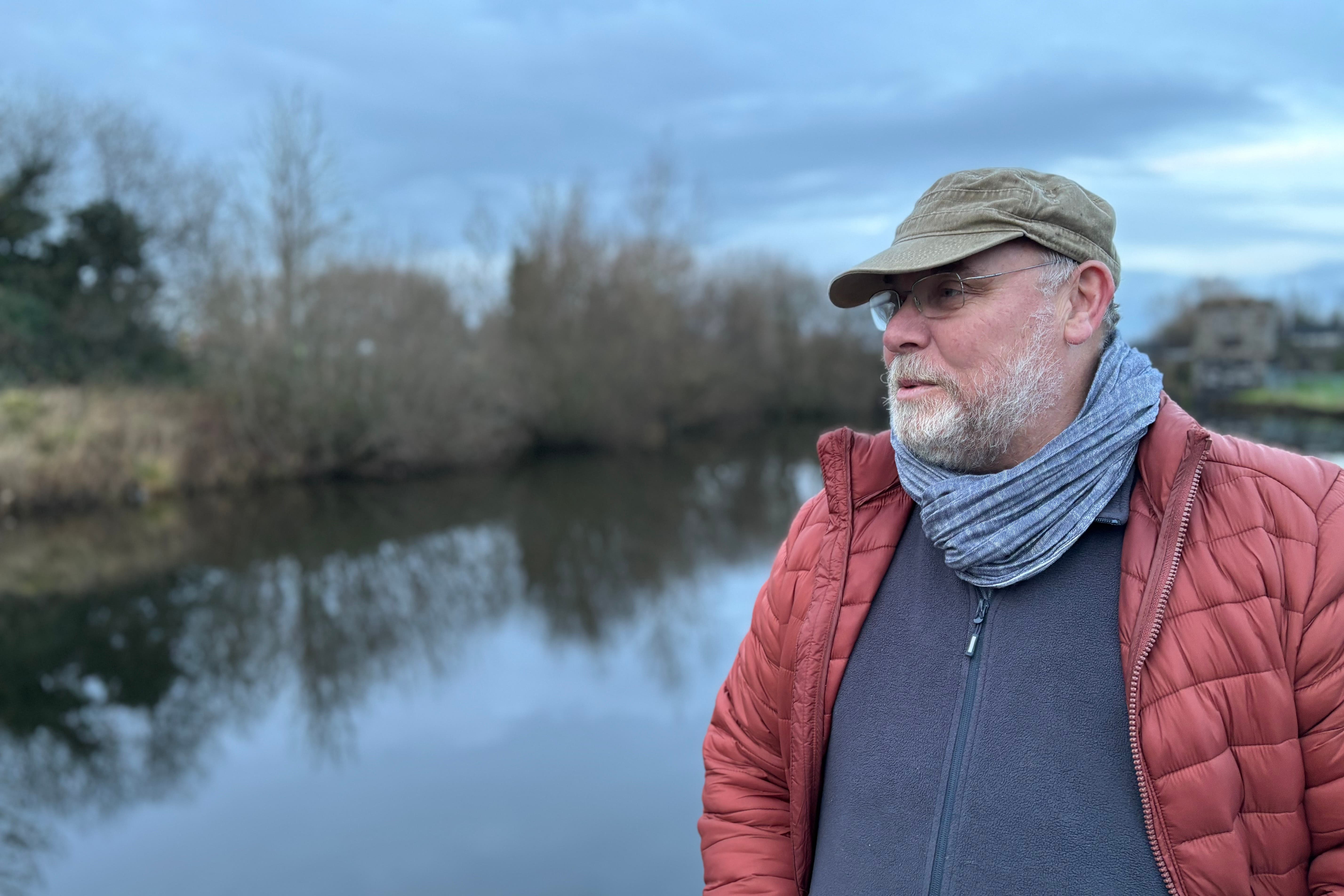Call for water rates to be considered by Stormont to help algae-hit Lough Neagh
An alarm bell was sounded over the state of waste water infrastructure in Northern Ireland and the impact on waterways.

Your support helps us to tell the story
From reproductive rights to climate change to Big Tech, The Independent is on the ground when the story is developing. Whether it's investigating the financials of Elon Musk's pro-Trump PAC or producing our latest documentary, 'The A Word', which shines a light on the American women fighting for reproductive rights, we know how important it is to parse out the facts from the messaging.
At such a critical moment in US history, we need reporters on the ground. Your donation allows us to keep sending journalists to speak to both sides of the story.
The Independent is trusted by Americans across the entire political spectrum. And unlike many other quality news outlets, we choose not to lock Americans out of our reporting and analysis with paywalls. We believe quality journalism should be available to everyone, paid for by those who can afford it.
Your support makes all the difference.The introduction of water rates in Northern Ireland could be the key to addressing crumbling waste water infrastructure and the impact on waterways, it has been suggested.
It comes as the Stormont Executive works to halt an environmental crisis at Lough Neagh where noxious blooms of blue-green algae have covered the surface of the water across the past two summers.
The lough is the largest freshwater lake by surface area in the UK and Ireland, supplies 40% of Northern Ireland’s drinking water and sustains a major eel-fishing industry.
But it is facing a “perfect storm” of a crisis caused by pollution, nutrients, climate change and invasive species, according to Gerry Darby, manager of the Lough Neagh Partnership.
He praised the approach and actions taken so far by Agriculture, Environment and Rural Affairs Minister Andrew Muir but warned of wider problems that need a whole-of-Executive approach.
In an interview with the PA news agency, Mr Darby said the Lough Neagh Action Plan, and particularly the setting up of a stakeholder forum led by Mr Muir, was very positive and a first for a minister.
He said 10 of the actions have already been implemented, including water inspectors and looking to the private sector for innovation, but it will take decades to start to see improvement.
“Is the nutrient level going to come down immediately, no it’s not, is the level of phosphorus going to come down, probably not, but at least you can now begin to look at setting targets,” Mr Darby said.
“It’s important to remember it’s not just farmers, there are a lot of nutrients coming in off the waste management processing units within NI Water and septic tanks – we’re all contributing to it and other factors such as topography, there is only one river out of the lough, there is not great flow to flush it out.
“There is also climate change as well as invasive species in there. It all came together to create a perfect storm and at least the minister has engaged with many organisations to try and find solutions.
“It will be a long-term solution, nobody has ever suggested that the reduction of nutrients in Lough Neagh is going to happen overnight, it is estimated that it will take somewhere between 10 to 20 years before we’re beginning to see change.”
However Mr Darby said part of the problem is that people assume the blue-green algae is the only problem in the lough, pointing out the absence of a navigation authority as well as the waste water system which was described by the head of NI Water as being “at breaking point”.
He said addressing the waste water system will require the hard choice between trying to secure more money from the London Government, rejigging the already strained Stormont budget or considering charging water rates.
While non-domestic water charges already apply in Northern Ireland, there has been strong political opposition to introducing domestic water charges.
“The other elephant in the room is the money needed for infrastructure for waste water management. This year the budget of NI Water for capital investment has been cut in half. That is a big, serious issue that politicians need to find an answer to,” Mr Darby said.
“There are three choices – you ask Westminster to cough up more, Stormont reprioritises budgets, or else the big controversial one is that you introduce water rates, which is pretty standard in the rest of the UK.
“I couldn’t comment on that personally but I think it is something that needs to be given serious consideration to in the context of the issues also facing Belfast Lough.
“The problem of course is that it is political dynamite.”